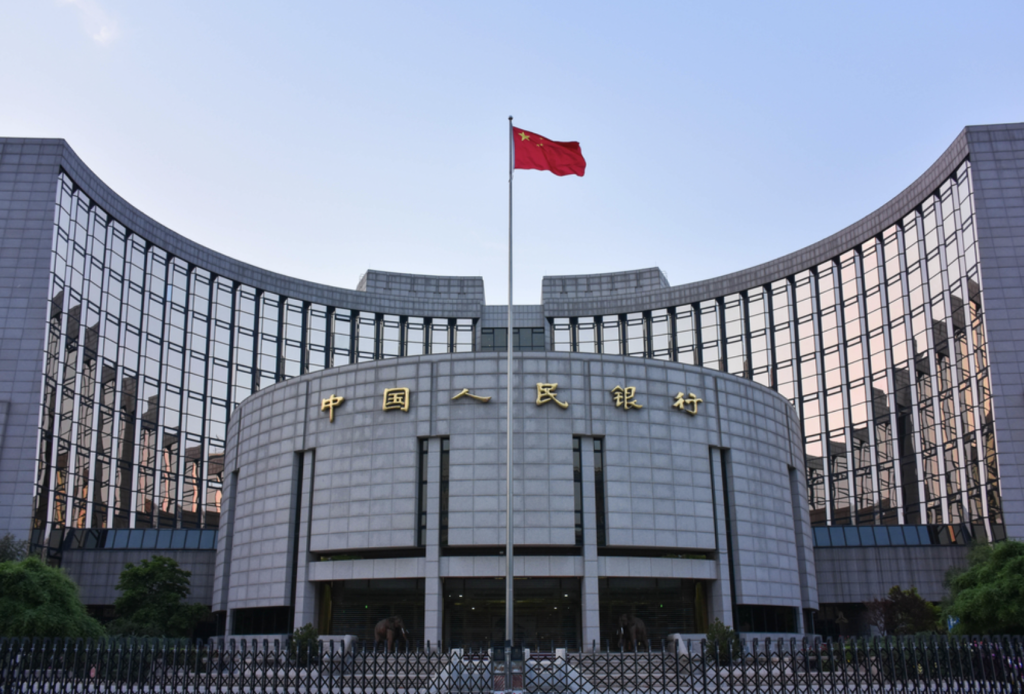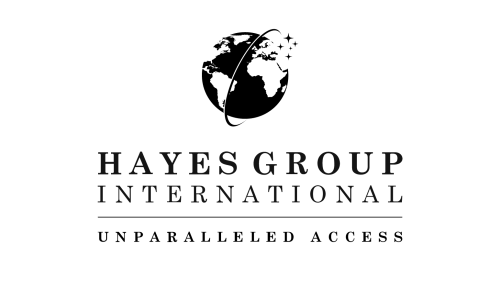
BLUF: China’s ongoing economic woes will probably serve as a check against Beijing’s aggression as the Chinese Communist Party (CCP) looks to achieve market stability and avoid exogenous shocks. President Xi may be more inclined to posture by way of tough rhetoric and shows of force to dissuade challenges to China’s territorial claims and avoid clashes that could intensify Beijing’s economic decline.
WHAT HAPPENED
Post-pandemic China remains beleaguered by anemic GDP growth, an imploding real estate market, and a struggling tech sector that has contributed to record-high youth unemployment. The host of problems has been made worse by heavy state interference, including sweeping lockdowns associated with the CCP’s zero-COVID policy.
Investments and exports powered two decades of uninterrupted economic growth, but China’s debt-fueled expansion has run out of steam. Xi, who probably recognizes the need to transition to a consumption and services economy, has instead prioritized reining in the private sector and exercising Party authority through COVID lockdowns. Cities affected by lockdowns in 2022 account for an estimated 35% of China’s GDP, according to Goldman Sachs, but Beijing remains willing to endure prolonged economic pain and protests for the sake of public health and Party credibility.
The lockdowns are the latest in a series of regulations and authoritarian meddling that have pushed China into one of its worst economic crises in 40 years.
In 2020, Beijing began its crackdown on what it deemed monopolistic behavior on behalf of its tech giants, leading to tighter e-commerce restrictions that wiped out $1 trillion in market value from titans like Alibaba and Tencent. The check against the industry’s growing economic might has led to tens of thousands of tech sector layoffs, contributing to the country’s youth unemployment crisis that hit an all-time high of 20% in July.
This comes in the wake of the CCP’s attempt to regulate the real estate market by restricting borrowing and speculative trading. Tightening state controls on the market that makes up nearly a third of China’s GDP has accelerated the real estate downturn; property values and new home sales remain in steady decline while droves of homebuyers have stopped paying mortgages on stalled projects.
Authorities again sent shockwaves across the Chinese banking sector in July when millions in depositor assets were frozen, triggering a run on financial institutions in Hunan. Chinese authorities accused four Hunan banks of involvement in “serious criminal activity,” which has shaken consumer confidence in financial institutions and left patrons wary of saving with or borrowing from small lenders.
Beijing has introduced a series of economic stimulus packages, including a one trillion-yuan initiative in August to upgrade infrastructure and address electricity shortages. However, Xi is showing no signs of rethinking his zero-COVID strategy or substituting market-oriented reforms for state control.
WHY IT MATTERS
The free market forces behind China’s unprecedented economic growth also pose the greatest threat to the Communist Party’s authority. The CCP will respond to economic recession with the tools it has at its disposal – control, crackdowns, and censorship – none of which will improve market conditions.
Use of force is the CCP’s default response to disorder, as evidenced by Beijing’s reaction to the growing demonstrations over COVID lockdowns. As authorities attempt to suppress dissent and hold the line on public health policies, the CCP is forced to devote resources to avert another domestic crisis.
Keeping an opponent off balance and fixated on his internal affairs is one of the most tried and true methods of dealing with a surly adversary. China is no different; prolonged economic decline and unrest over COVID lockdowns may serve as a check against Chinese aggression writ large.
Beijing will be wary of inviting external problems or following Russia’s lead; armed conflict with the West or its neighbors is an avoidable self-inflicted wound, and the prospect of introducing a major exogenous shock to a sliding economy is probably enough to give the CCP pause. Xi has already demonstrated restraint and pragmatism in Europe, opting to preserve relations with China’s Western trading partners instead of reinforcing Russia’s ill-fated military exploits in Ukraine.
Though China will probably be less inclined to seek armed conflict, Beijing will be more apt to respond to challenges with hardline rhetoric and shows of force. China will borrow a page from President Reagan’s peace-through-strength strategy: the CCP and People’s Liberation Army-Navy (PLAN) will posture to protect the strategic objectives it deems most vulnerable, namely its One China policy in Taiwan and its territorial claims in the South and East China Seas. Xi is more than willing to play defense, but don’t look for Beijing to strike first or deviate from its long-term strategy of gradually and politely displacing the United States from the top of the existing world order.
The CCP’s need to remind its domestic audience of its vitality and resolve will similarly influence the Party’s actions. Underneath the Communist Party’s thin skin is a constant desire to prove its legitimacy, which the CCP does by exercising control and stoking nationalism. In an effort to keep markets stable and cater to the Party’s inferiority complex, Xi will walk the line between keeping the peace and exhibiting China’s preparedness to protect its strategic interests.


